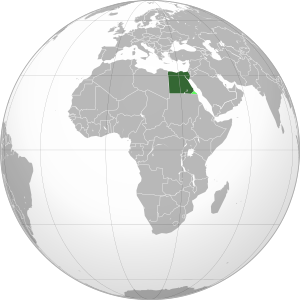ITUC and ASI join forces to combat forced labor in Europe
March 16, 2011—Extreme exploitation of migrant workers is a dire trend
throughout Europe. The International Trade Union Confederation (ITUC)
has released Never Work Alone – a guide for trade unions and other civil society organizations to jointly combat modern-day slavery and trafficking of workers.
 | |
| The new report, "Never Work Alone," is the result of a two-year project in which trade unions and NGOs have looked into one another’s actions and approaches to combat slavery and labor trafficking. |
The report is the result of a two-year project in which trade unions and NGOs have
looked into each other’s actions and approaches to combat slavery and labor trafficking.
It examines different approaches and shows four major common grounds for action,
each documented with a series of best practices. The report explains the real potential
for unions and NGOs to improve their combined outreach; to intervene together
in individual or collective cases; and to organize joint campaigns, training, and
other activities.
Progress is already being made in building cooperation with unions and NGOs
active in the area of forced labor that are addressing the trafficking issue and
providing direct assistance to victims.
“The cooperation between the ITUC and Anti-Slavery International is starting
now to obtain significant results in Europe,” said ITUC General Secretary
Sharan Burrow. “This type of cooperation needs to extend into other regions
as well. This is all the more important given the impact that the economic
crisis is having on working people and their families. Alarming reports of abuse
of migrants from all parts of the world, working in conditions of forced labor,
remind us of the urgency of this fight.”
Today, millions of people are still subjected to modern forms of forced labor.
The ITUC Congress in Vancouver last year highlighted that urgent efforts are
needed “to eradicate the growth of trafficking and other abuses linked to
globalization, which subject the most vulnerable of the world’s workers to the
cruelest and most extreme form of abuse.”
Cross-posted from ITUC Online, March 16, 2011
Read the full report
Read the ITUC Congress Resolution on promoting and defending fundamental
worker rights












![Reblog this post [with Zemanta]](http://img.zemanta.com/reblog_e.png?x-id=1dbc7306-b77a-42e9-be88-2381dc2de69a)

![Reblog this post [with Zemanta]](http://img.zemanta.com/reblog_e.png?x-id=8f864578-7c64-4947-86d6-ed7eb583147d)
![Reblog this post [with Zemanta]](http://img.zemanta.com/reblog_e.png?x-id=15a83143-e3d8-4268-9f66-e5170a167507)
